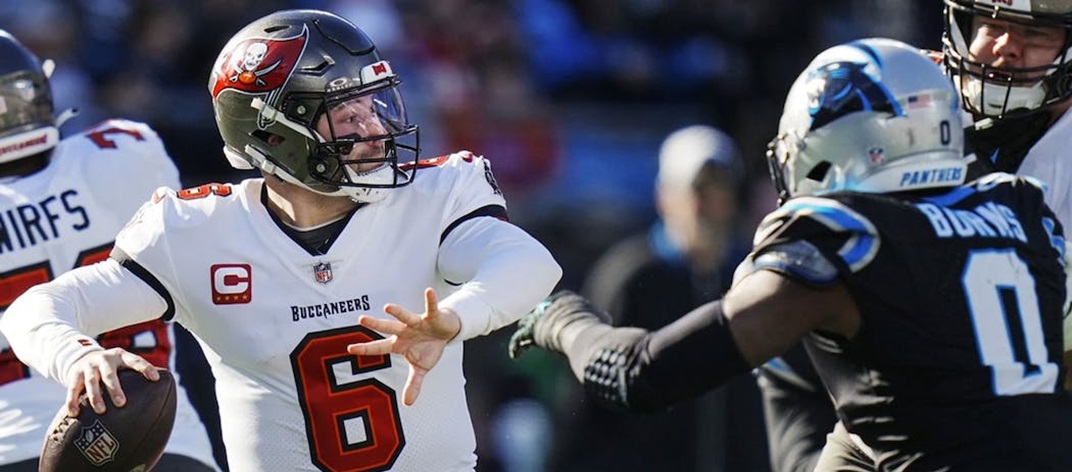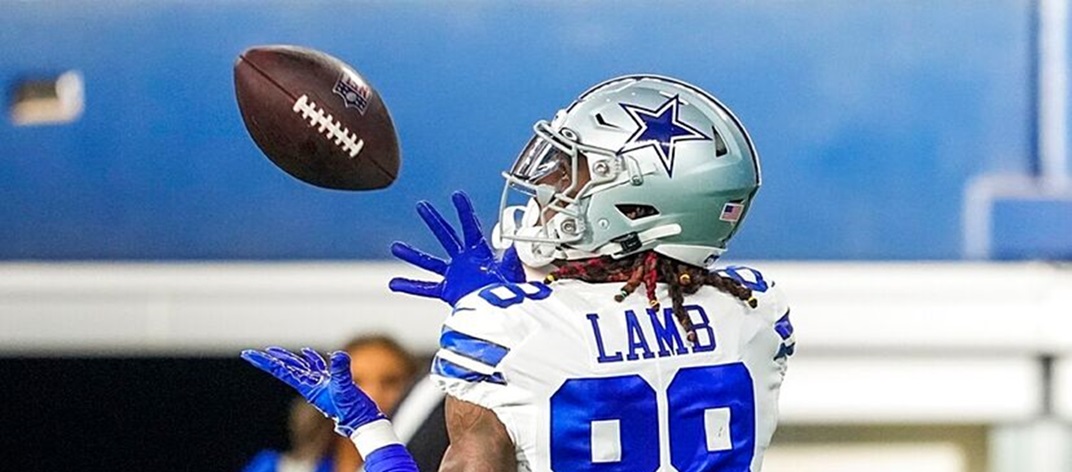All about Sports Betting in the UK
In the United Kingdom, few activities are as popular as sports betting. What testifies to the popularity of sports betting in the UK is the outlandish number of establishments where you can make sports wagers. At present, there are about 8,500 betting shops all over the UK, and a number of online sportsbooks are released on the web each day.
Sports betting has a rich history in the UK. In today’s article, we will focus on that history, explaining how sports betting became as popular and widely embraced by UK citizens as it is today.
The beginning
In the UK, it is no other than horse racing which gave rise to sports betting. The sport we know today was founded by King James I back in the 16th century. Back then, horse racing and betting on horse races was reserved to the Royal society.
Friends and rivals could bet on horse races, with one person placing the bet and the other accepting it and collecting the profit if the bet was lost.
In the following decades, horse racing grew in popularity and meetings were held all over the country. By 1722, the sport had become so popular that some 122 towns and cities held horse racing meetings, with wagers being placed at the event.
The first prohibitions
As horse racing betting activities became more and more popular, the Government’s worries increased. Following was the introduction of the Gaming Act of 1739, which featured various measures to limit and regulate betting activities. For example, the minimum bet amount was raised to £50.00, which effectively made betting on horse races and activity reserved for the rich.
A number of incidents occurred after the introduction of the first betting prohibitions, such as the collapse of the UK’s first national lottery. When a number of high profile betting frauds were conducted in the country, however, it was up to the government to initiate legislation that would deal with the problems.
In 1845, Parliament passed a second Gaming Act, which essentially prohibited the practise of making betting contracts.
The street betting ban
Even though the government managed to limit and regulate gambling at racecourses, it could not cope with sports betting on the streets. Everyone who could not access the track readily placed their wagers on back alleys. As a matter of fact, the practice of sports betting on the streets was so popular that Parliament had to act again.
In an attempt to eliminate all street sports betting activities, Parliament passed the Street Betting Act of 1906. Contrary to expectations, however, the Act did little more than increase the number of arrested individuals indulging in sports betting on the street.
Finally, the outbreak of the First World War made the government more tolerant on the subject of sports betting.
The sports betting boom
In the Parliament’s viewpoint, the contact between the punter and the bookmaker when bets were made on the streets caused a decay in society. But some of the operators who set up shop in the 1920s and 1930s changed the way people made bets, thus making sports betting more acceptable.
What operators like William Hill and Coral did was take advantage of regular mail. Essentially, punters could make wagers at specified letterboxes, bookmakers collected them and conducted payouts the same way.
Betting shops on the rise
In the years following the Second World War, Parliament realised the potential of sports betting and became more and more liberal on the subject.
The Betting and Gaming Act of 1960 allowed bookmakers to open the first betting shops on UK territory. The first betting shop opened a year later – in May 1961, and by November the following year, there were about 10,000 betting shops all over the UK.
Sports betting goes online
Thanks to betting shops, sports betting kept growing in popularity throughout the end of the 20th century, but what made it the global industry we know today was the Gambling Act of 2005.
The Gambling Act of 2005 established the first regulations for online betting activities. What is more, it founded the UK Gambling Commission, which made licensing compulsory for both land-based betting shops and casinos and their web-based counterparts like SportingPedia.com.
What can we expect in the future?
We can expect a good banking services like Neosurf for betting, Skrill or Paysafecard to gain more customers in the future. With the dramatic cut in fixed-odds betting terminals’ maximum stake from £100 to £2, we can expect big brands in the UK sports betting business to merge in the future in order to compensate for the loss in revenues.
In the future, online and mobile sports betting is likely to continue to grow in popularity not only in the UK, but all over the globe as well. Finally, it is estimated that the gambling industry will take advantage of more and more emerging high-end technologies, such as virtual reality and artificial intelligence.

